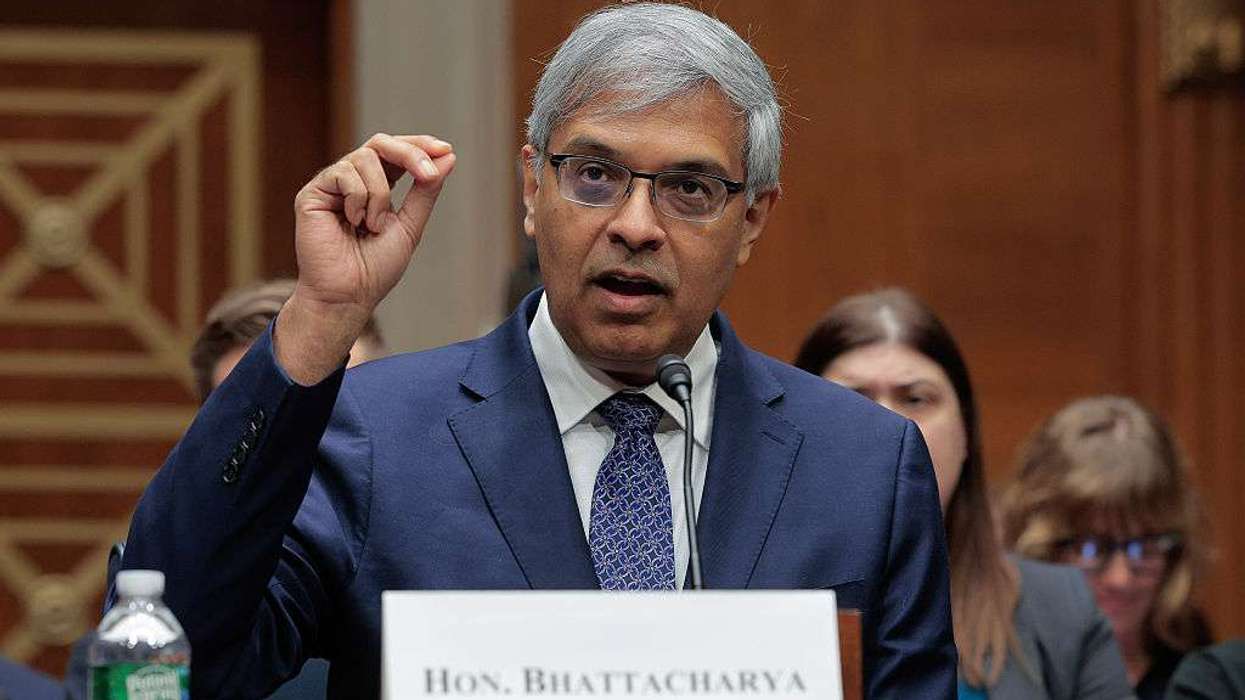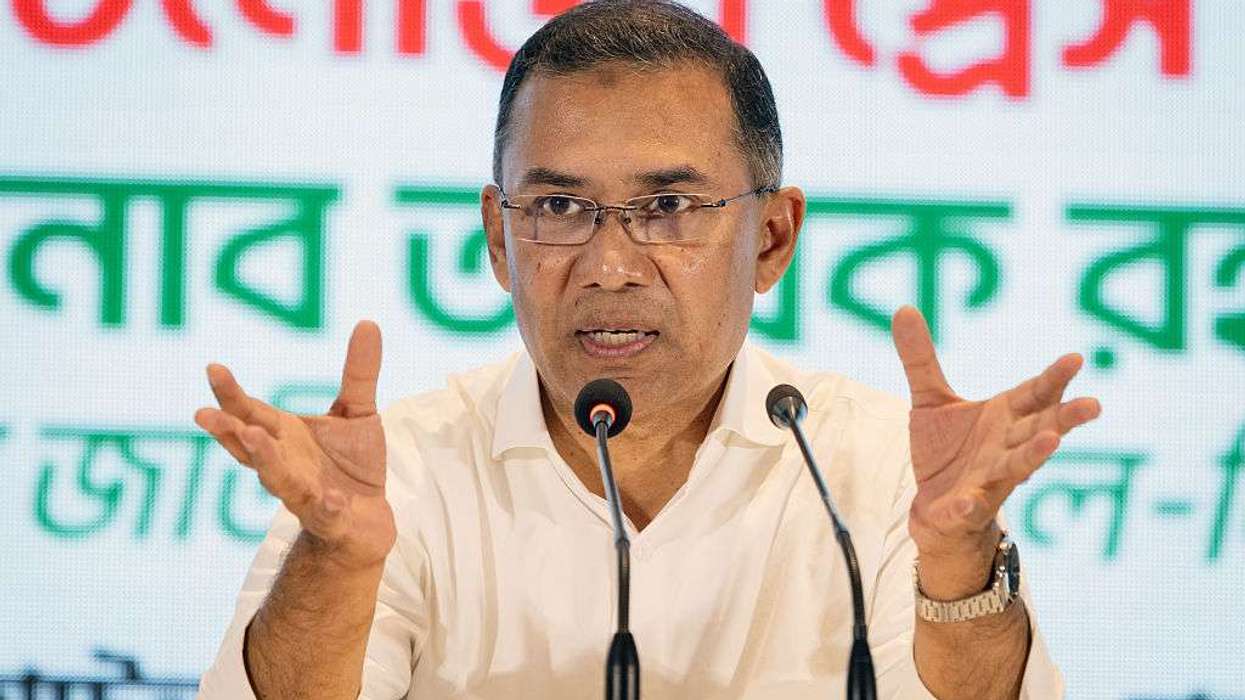FORMER world snooker champion, Ronnie O’Sullivan, his manager and a successful south Asian entrepreneur are suing the organisation which runs the sport for more than £10 million.
NST Worldwide Ltd issued its legal claim for anti-competitive practices with the specialist court which deals with such disputes, the Competitions and Appeals Tribunal (CAT), this week (8).
It wants the CAT to judge the dispute with World Snooker and its associated companies, which are mostly owned by the Hearn family through the Matchroom Group.
As part of its legal claim, NST provided the transcript of a recorded conversation between the accomplished sport promoter, Barry Hearn, and O’Sullivan’s manager.
NST claims that World Snooker Limited (WSL), World Snooker Holding Limited (WSHL) and World Professional Billiards and Snooker Association Limited (WPBSA) were “monopolist” when it came to broadcast events involving professional players.

“The complainees abuse their super-dominance to the detriment of the consumer,” according to the allegations.
“The WPBSA’s agreement/concerted practice to support the rest of the complainees in their unlawful conduct is a breach of section 2 of the Competition Act 1996.”
O’Sullivan, his manager Jason Francis, and renowned lawyer, Mayus Karia, own equal shares in their company.
The documents reveal they wanted to broadcast televised snooker events with top players.
But they needed what is called “a sanction” from the body which runs the sport.
According to the legal documents, NST had agreed with Channel 5 to broadcast the events.
The papers said that World Snooker prevented the seven-times world snooker champion, and others in his sport, from taking part in events other than those which it had officially sanctioned.
As part of the claim, the complainants have provided a recorded conversation where the founder and president of The Matchroom Group, Barry Hearn, makes clear NST would never be given permission to hold its own events.
In the transcription of the recording lodged with the CAT, and seen by Eastern Eye, Hearn appears to admit putting pressure on Channel 5 to pull out of a deal with NST, threatening to sue the broadcaster for “tortuous interference”.
“I don’t want any competition,” Hearn said, according to the transcript.
“F***ing hell mate, I spent 45 years of my life making sure I don’t have competition, I’m not gonna start now, am I?”
The transcript suggests that Hearn is concerned that allowing any other organisation to hold or broadcast events would set a global precedent.

It claims that he would fight sanctioning rivals “till the cows come home”, and “it will bankrupt everybody”.
According to the transcript the promoter admitted that his position could be challenged “but it’s very expensive and I have deep pockets,” he said.
Sources have told Eastern Eye that players will be most upset by Hearn’s answer to a question about whether he owned them.
“If they’re under contract while they’re on the tour, the answer to that question is ‘yes’.
“And if you wanna challenge it, you better have deep pockets and a long patience because I will fight you every inch of the way.”
The CAT will now consider whether NST has a case.
Hearn is a successful sport entrepreneur who revolutionised snooker.
Along with his son, he is responsible for some of the world’s biggest boxing events, creating the upsurge in popularity in darts and poker.
Eastern Eye approached Hearn for comment.




